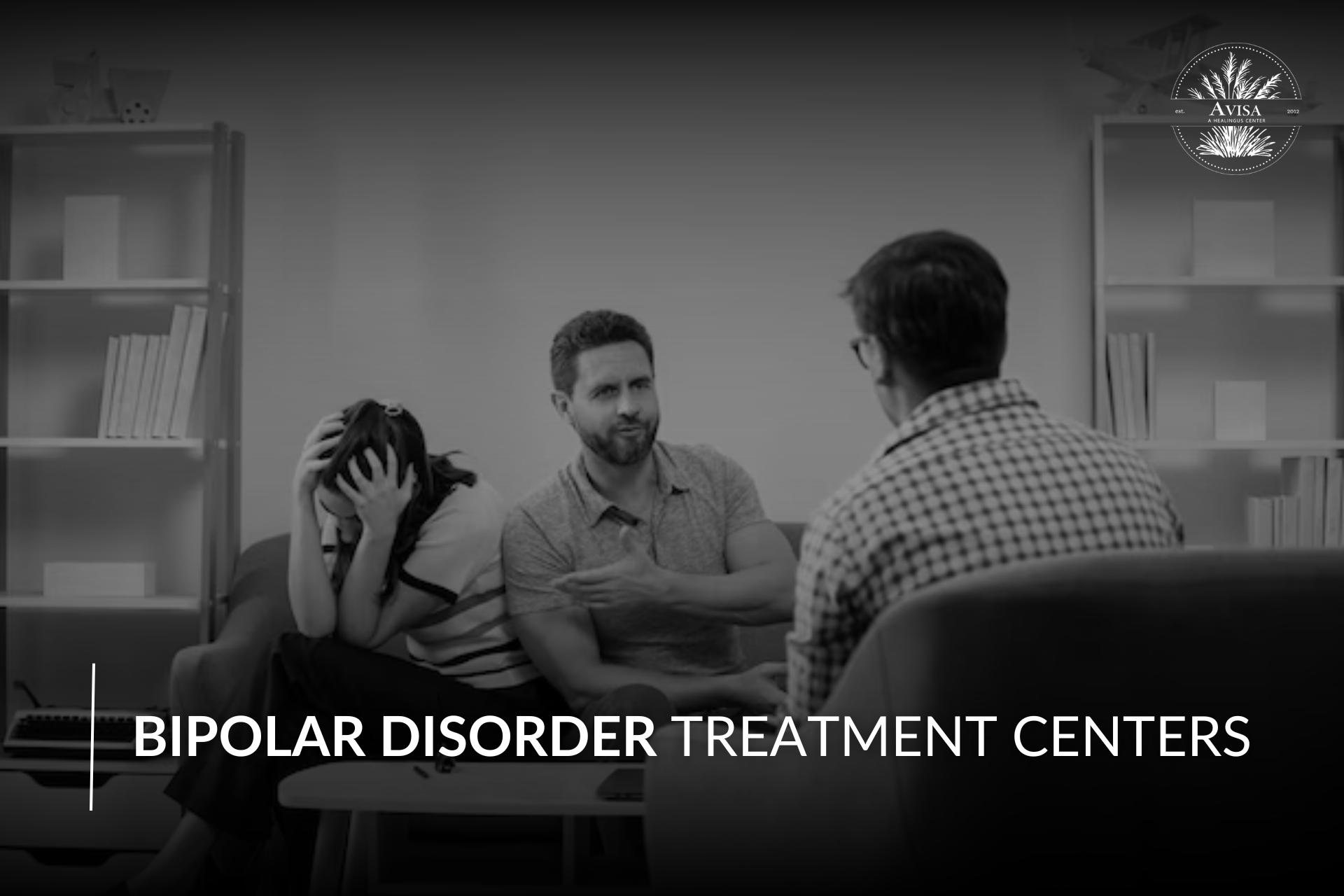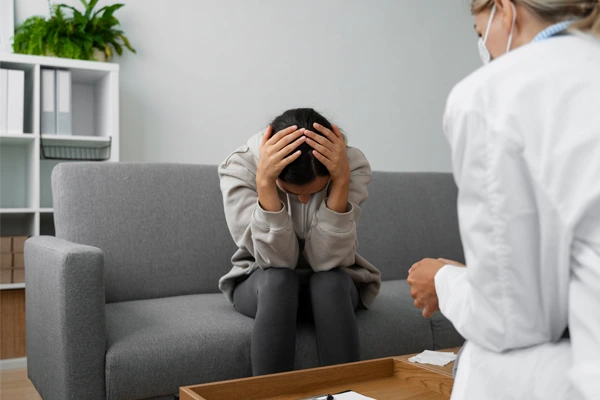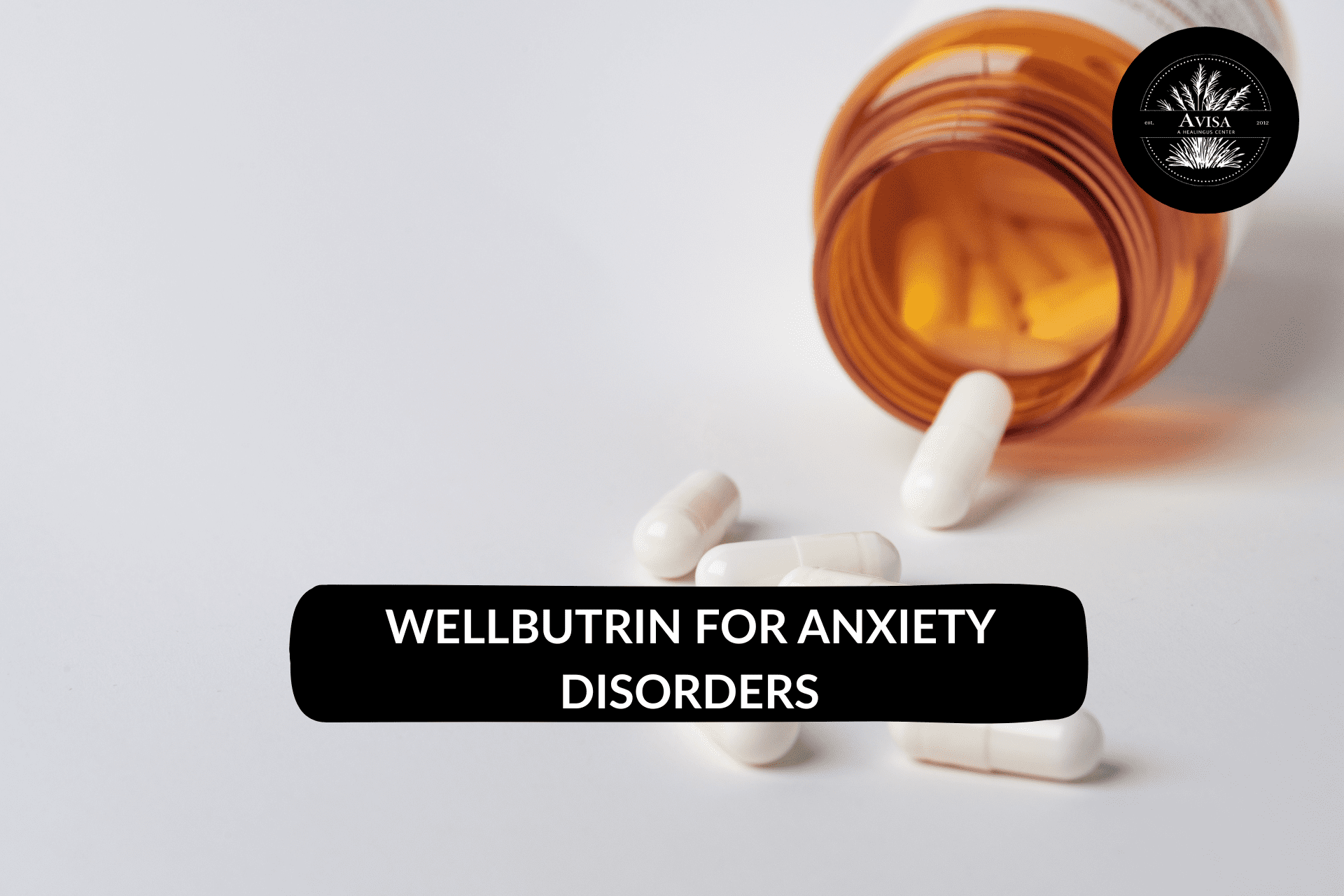When you decide to seek help at bipolar disorder treatment centers, you’re taking a big step toward reclaiming control over your life. An estimated 4.4% of U.S. adults experience bipolar disorder at some time in their lives, and it might be hitting you now. It’s natural to feel a mix of hope and apprehension about what to expect. Sometimes, you might find yourself in need of personalized care tailored just for you, while at other times, group therapy with others who understand can be incredibly beneficial. The best treatment centers recognize that your needs may change from day to day. Not all treatment facilities are the same, and some are much better than others.
Many people facing bipolar disorder find relief in hearing stories like Michael’s, a renowned A&R Executive. Growing up in Brooklyn and finding music as an escape, Michael later worked with stars like Cyndi Lauper. Through his struggles with depression and addiction, he shares how his company stepped in to help him access rehab. Despite the challenges of withdrawals, relapses, and health issues, he found strength in a simple message: “You don’t have to do this anymore.” His journey reflects the importance of support systems encouraging others toward healing, showing how a little help can go a long way in tough times.
When looking for treatment for bipolar disorder, there are several vital aspects to set eyes on. It’s not just about selecting the right place for primary care but also the treatment plan, facilities, long-term support, and success rate. In this blog, we’ll explore how you can set the right expectations while choosing the best bipolar disorder treatment center for yourself.
The right treatment makes all the difference.
Mood swings, instability, and feeling like no one understands. With inpatient care for stabilization, outpatient therapy for flexibility, and residential treatment for deeper healing.
Factors to Consider When Choosing a Bipolar Disorder Center
The right bipolar disorder treatment center can make a real difference in your life. With around 80% of people finding treatment success (National Advisory Mental Health Council), there’s strong hope for improvement and stability.
Severity and Symptoms
Severe symptoms may need inpatient care, while milder cases might suit outpatient programs. Look at how symptoms impact daily life to decide on the best fit.
Medical History & Other Conditions
A tailored plan is key, especially if there are other conditions like substance use. Integrated treatment can improve outcomes.
Specialized Therapies
Seek centers offering medication, therapy, lifestyle support, and holistic options to ensure well-rounded care.
Qualified Team
A skilled team of specialists can make all the difference. Look for experience in bipolar disorder specifically.
Program
Reviews and testimonials provide insights into program success and patient satisfaction—key to peace of mind.
Cost & Insurance
Affordability matters. Check for insurance options, payment plans, or sliding scale fees to ease the financial load.
Location & Accessibility
A nearby center makes attending appointments easier, reducing stress and enhancing consistency in care.
3 Things to Expect From Bipolar Disorder Centers
Accurate Diagnosis: The First Step Towards Recovery
Why This Matters
The journey to managing bipolar disorder starts with an accurate and complete diagnosis. Even if you’ve been diagnosed before, a comprehensive evaluation at a treatment center is essential to uncover any additional mental health issues. This clarity is crucial because it helps create a treatment plan that truly addresses every aspect of your health. By understanding your specific symptoms and any co-existing conditions, the team can design a strategy that best fits your unique situation.
What to Expect
When you enter a bipolar disorder treatment center, expect a thorough, step-by-step evaluation. The process is likely to involve several sessions, each focusing on different aspects of your mental health. This initial assessment often includes discussions about your symptoms, medical history, family background, and lifestyle factors. These elements give the healthcare team a well-rounded view of your mental health, which can be invaluable in shaping a customized plan for you.
How to Get the Most Out of This Step
Participating openly in the evaluation process is essential. This assessment will probably be conducted by a qualified mental health professional, who will ask about various aspects of your life. Being as honest and transparent as possible about your symptoms, history, and experiences will help the team form a clear understanding of your needs. Don’t hesitate to mention any questions or concerns you may have; these can be important clues for the professionals assessing your condition.
A Treatment Plan Built Just for You
Why This Matters
Each person with bipolar disorder has a different experience, and the best approach is to create a treatment plan tailored specifically to you. This plan includes everything from medication options and therapy types to lifestyle modifications based on what will work best for your needs. With this individualized approach, you’re more likely to see positive results, as the methods chosen are designed to match your personal health journey.
What to Expect
Once your evaluation is complete, the team will work with you to design an individualized treatment plan. This plan may include a mix of therapies, lifestyle changes, and medication options. Unlike a one-size-fits-all plan, this approach considers your unique symptoms, lifestyle, and preferences, making your treatment path as manageable as possible. The process can significantly affect your motivation and comfort.
How to Get the Most Out of This Step
To create the most effective plan, communicate openly with your healthcare team. Share details about any previous treatments you’ve tried, including what worked and what didn’t. If you have preferences regarding medication, therapy types, or scheduling, be upfront about them. This is your journey, and your input plays a huge role in creating a plan that will work for you. Having an active role in this phase also helps you feel more engaged and empowered as you start your recovery.
A Team of Experts Supporting You
Why This Matters
Bipolar disorder is a complex condition, and successfully treating it requires a diverse team of professionals. A strong, multidisciplinary team is crucial because it brings together different areas of expertise—psychiatrists, therapists, nurses, social workers, and sometimes even lifestyle coaches. This collaborative approach ensures you receive well-rounded support for all aspects of your mental health, from medical needs to emotional and social well-being.
What to Expect
At a comprehensive bipolar treatment center, you’ll be working with a team of professionals who specialize in various aspects of mental health. They’ll collaborate to develop the most effective treatment plan and support you as you progress through each stage. This diverse team approach means that your care is balanced and integrates different support types, ensuring no part of your recovery is overlooked.
How to Get the Most Out of This Step
As you evaluate potential treatment centers, ask questions about the qualifications and backgrounds of the staff. Understanding who will be part of your care team can help you feel confident in the quality of care you’ll receive. During initial consultations, look for how the team communicates and works together. Knowing you’re in capable hands with a team that collaborates well can provide you with a strong foundation for recovery.
Other Key Things to Expect from Bipolar Disorder Treatment Centers
Choosing a bipolar disorder treatment center involves more than just selecting a place with primary care. Here is what more to expect:
Inpatient Facilities and Amenities
Look for centers offering safe, comfortable living spaces and supportive environments with calming, recreational, and nutritional amenities to aid recovery.
Aftercare and Long-Term Support
A strong aftercare program helps patients transition smoothly back into daily life with support systems for relapse prevention and ongoing wellness.
Family Involvement in Treatment
Treatment centers that offer family therapy and educational workshops help build a solid support system to strengthen recovery outcomes.
Success Rates and Patient Testimonials
High success rates and positive testimonials provide insight into the treatment program’s effectiveness and patient satisfaction, boosting confidence in their approach.
Integration of Holistic Therapies
Holistic therapies like yoga, meditation, and art can complement traditional treatments, providing a well-rounded approach to mental health management.
Center’s Treatment Philosophy
Understanding a center’s philosophy ensures it aligns with your preferences, whether that’s a traditional or more patient-centered treatment approach.
Location and Accessibility
Location can influence the ease of family visits and patient participation. Some benefit from a local option, while others prefer remote tranquility.
How Avisa Recovery Can Help You
At Avisa Recovery, we are a premier bipolar treatment center in New Jersey. We offer evidence-based, tailored treatment plans. By focusing on comprehensive assessments, personalized care, and a supportive team, we are setting you up for the best start.
You will also receive additional support systems, family involvement, and holistic therapies to ensure a well-rounded recovery experience and the fastest recovery. Your path to stability is personal, and we will nurture your unique needs every step of the way.
Tired of fighting addiction and mental health struggles?
Ignoring both deepens the struggle. Our holistic approach—detox, therapy, and medication-assisted treatment—can help you heal. Take the first step today.
FAQs: Bipolar Disorder Treatment Centers
Q: What type of doctor treats bipolar disorder?
A: Psychiatrists specialize in mental health and are experts in diagnosing and treating bipolar disorder.
Q: Where can someone with bipolar disorder live?
A: Assisted living facilities provide support with daily tasks and medication while allowing some independence.
Q: What is the best treatment for bipolar disorder?
A: Treatment usually includes medication, talk therapy, and sometimes support groups to manage symptoms.
Q: Who is the best doctor for bipolar disorder treatment?
A: A psychiatrist is ideal for overseeing bipolar treatment, as they can determine the best medications and therapy plan.
Q: Which type of bipolar disorder is more severe?
A: Bipolar I is the most severe form, with full manic episodes, while Bipolar II has milder hypomanic episodes but can still impact daily life.











